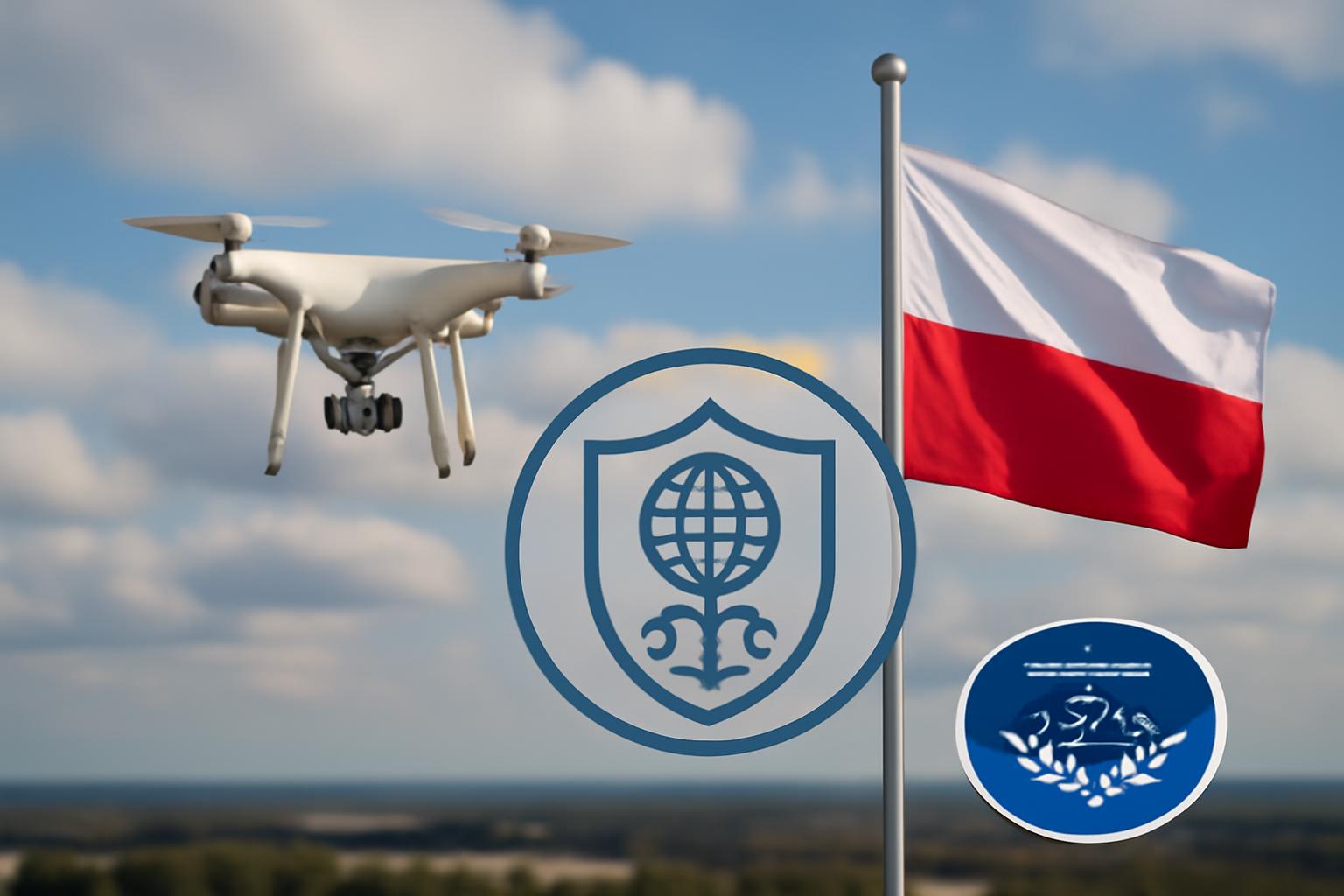Poland faced renewed alarm as a drone controversy arose over its soil, followed by Russian long-range aircraft appearing over western Ukraine and triggering swift scrambles by Polish and allied forces. An ensuing investigation concluded that Polish airspace was not breached and that the operation was halted once the missile threat softened. This incident sits within a broader rhythm of tensions since the war’s onset, including earlier drone episodes and repeated claims by Polish officials of Russian provocations, with Belarus suspected in one case and Moscow testing NATO air defenses amid ongoing peace talks.
In such moments my mind turns to the fundamental questions of liberal order: how a society governed by dispersed, tacit knowledge and voluntary cooperation can defend itself without surrendering the very freedoms it seeks to protect. The spectacle of veritable cat-and-meline exchanges of force and countermeasures reveals not only the fragility of borders but the fragility of certainty itself. States pursue safety with vast instruments of power, yet the information upon which such actions are justified is imperfect, contested, and distributed among countless hands and incentives. The security dilemma deepens when fear in one capital amplifies defensive postures in another, and so risk ripples outward with no clear end.
What we witness is a contest not merely of missiles and drones but of epistemic humility. The more governments lean on show of strength, the more they risk misreading attribution, misjudging intention, and mistiming restraint. There is a perilous temptation to treat every ambiguous incident as a proving ground for decisive action, as if a single act could reveal a single truth about the adversary. Yet the truth of international life is that order emerges not from a fixed arrangement of power but from a framework of reliable rules, credible commitments, and the tolerance of uncertainty. When alliance members respond with escalating demonstrations of capability, the balance collapses into perpetual vigilance and casualty of liberty—the very things such readiness should defend.
If there is any lesson embedded in such episodes, it is that the strength of a free order rests on institutions that respect the limits of what cannot be commanded from above. The best defense is not the most elaborate air-defense network but a combination of transparent rules, predictable behavior, and the economic and cultural ties that bind peoples beyond the reach of today’s missiles. A robust, open system allows for rapid information correction, reduces misattribution, and preserves the space in which settlements can be sought without the perpetual stoking of fear. In the long run, peace among nations is less a fortress than a geography of cooperation sustained by shared interest and mutual restraint—an order that thrives only when governments resist the urge to substitute coercive certainty for the messy but real knowledge dispersed across markets, communities, and the everyday choices of ordinary people.
Therefore let us not mistake the necessity of defense for the wisdom of coercive control. Let the response to provocations be measured by the standard of law, proportionality, and restraint, guided by the recognition that security cannot be bought with a permanent state of heightened suspicion. Let the alliance prove its strength not by a continuous display of force but by the stability of our commitments, the openness of our exchanges, and the freedom that makes possible the spontaneous order out of which lasting peace can finally arise.
